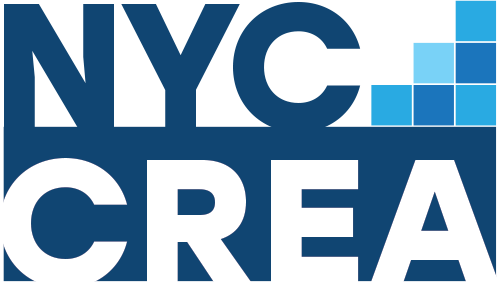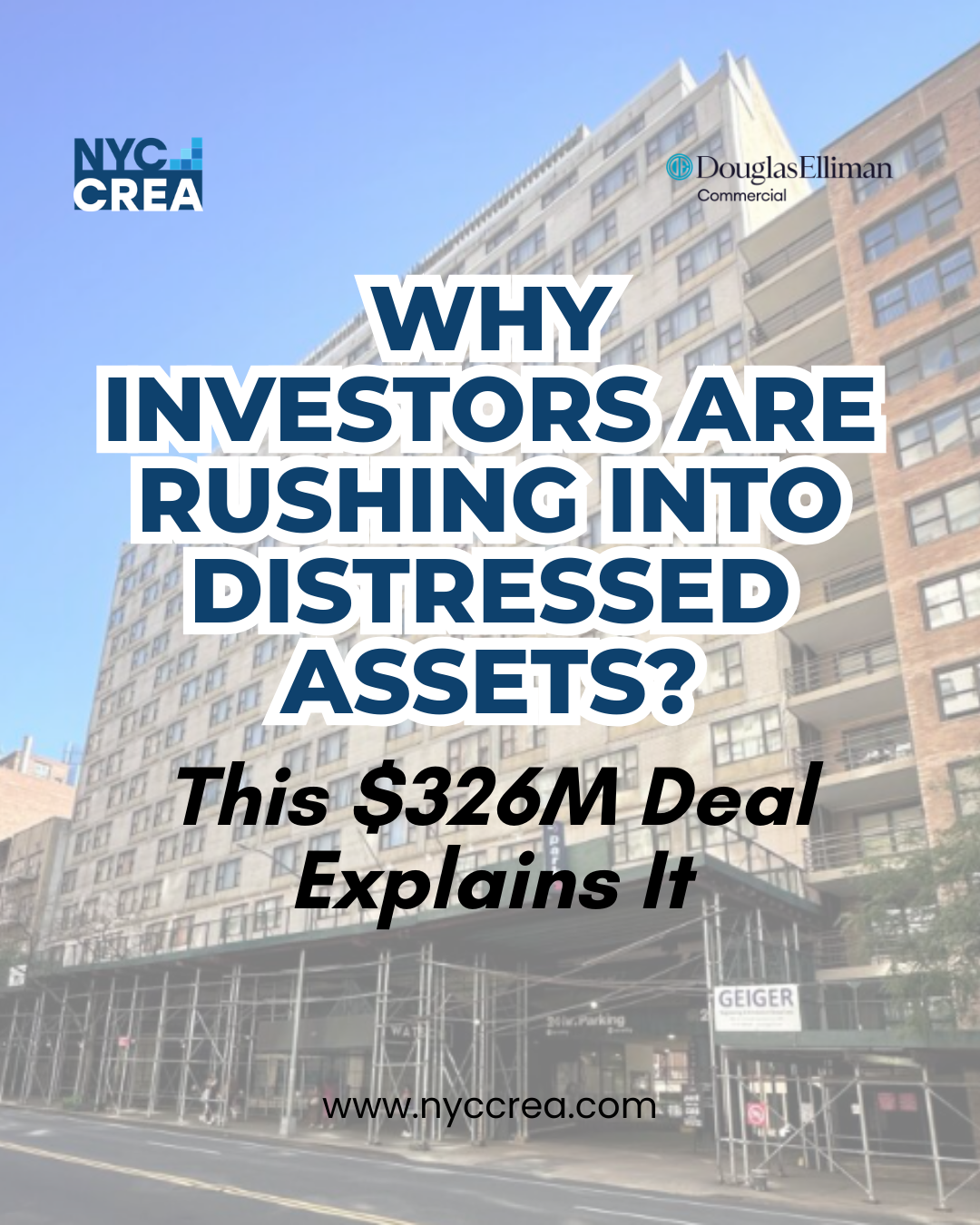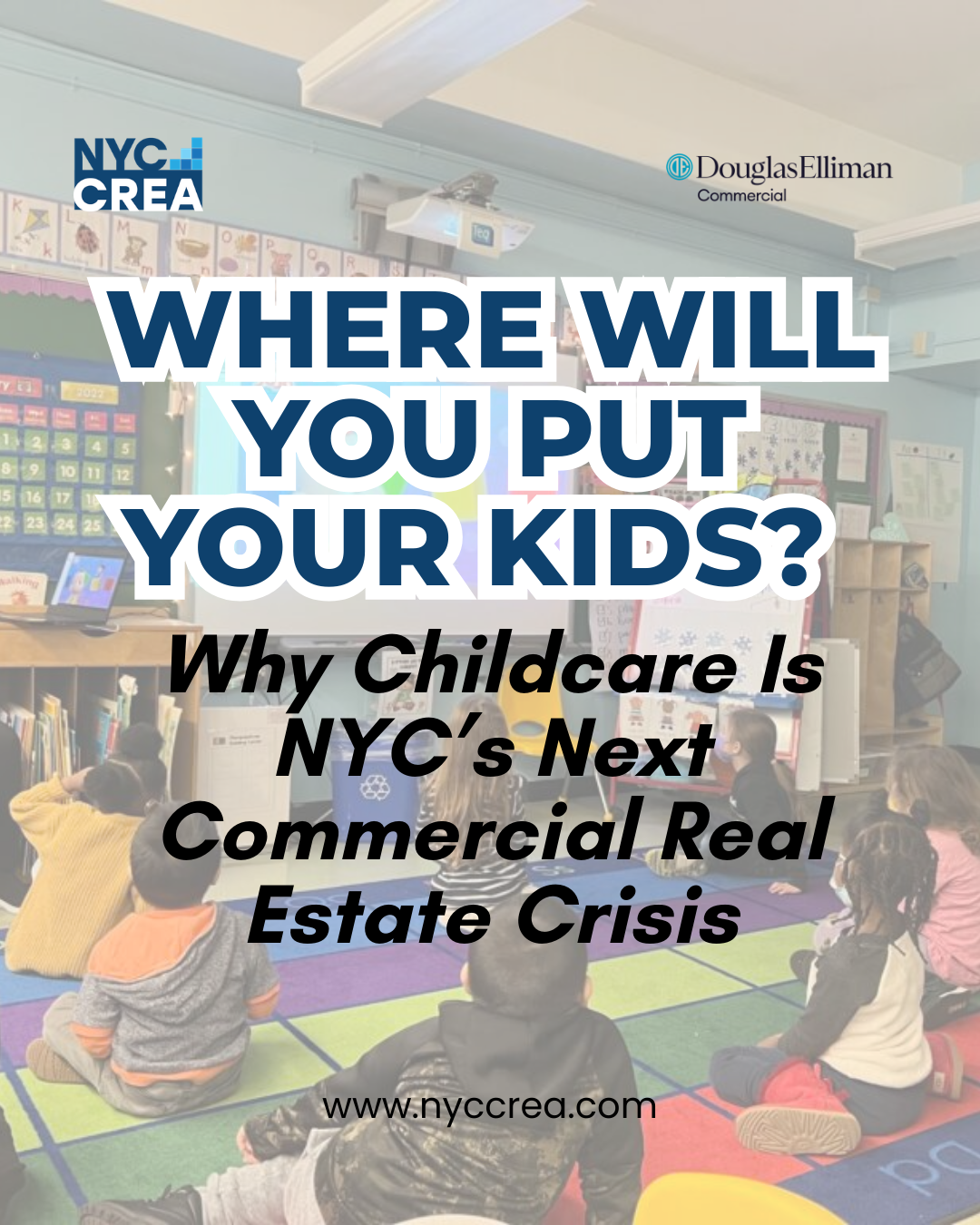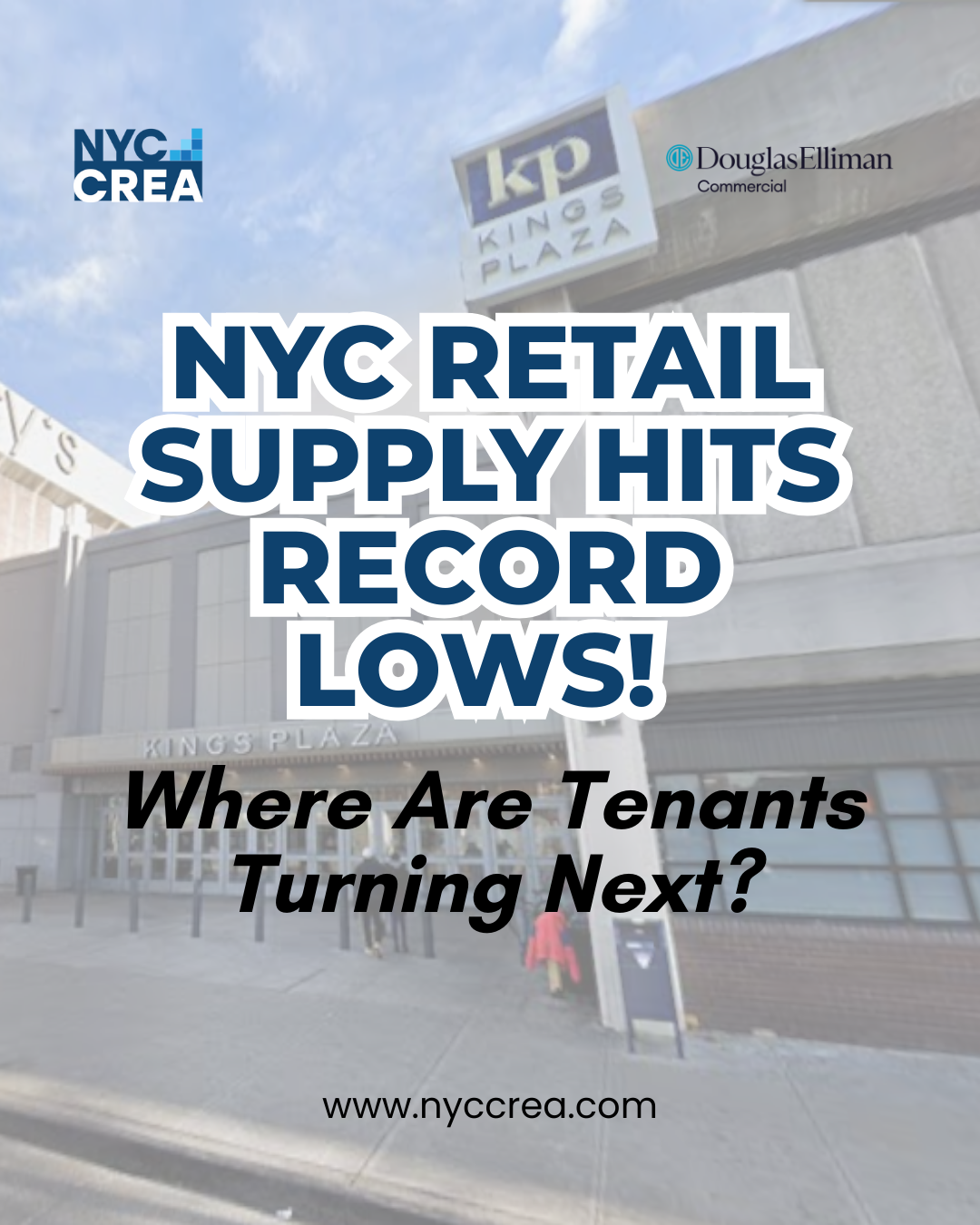The laws and regulations governing the New York City commercial real estate market are constantly changing. As a result, it is important for businesses that are looking to lease or purchase commercial property in NYC to stay up-to-date on the latest laws and regulations.
In this article, we will discuss some of the most important NYC commercial real estate laws and regulations that businesses need to know. We will also provide some tips on how to stay ahead of the curve and avoid any legal pitfalls.
Key Laws and Regulations
- Real Estate License Law: This law governs the licensing of real estate brokers and salespersons in New York State. Businesses that are looking to lease or purchase commercial property in NYC should make sure that they are working with a licensed real estate broker.
- Commercial Rent Control Law: This law applies to rent-stabilized commercial properties in New York City. Rent-stabilized properties are those that were built before 1974 and have six or more units. The Commercial Rent Control Law limits how much landlords can raise the rent on rent-stabilized properties. You can get the latest regulations and amendments on commercial rent control laws in New York City here at https://legistar.council.nyc.gov/LegislationDetail.aspx?ID=5534186&GUID=0FA34310-33D2-4090-9A39-2396910C9EB5.
- Zoning Laws: Zoning laws regulate the use of land in New York City. Businesses that are looking to lease or purchase commercial property in NYC need to make sure that the property is zoned for the type of business they want to operate. Zoning determines the types of activities allowed in specific areas, such as residential, commercial, or mixed-use. It’s important to understand the zoning regulations applicable to the desired location and ensure that your business activities comply with the zoning requirements.
- Building Codes and Safety Regulations: New York City has stringent building codes and safety regulations to ensure the structural integrity and safety of commercial properties. The NYC Department of Buildings (DOB) enforces these regulations, which cover areas such as fire safety, elevators, electrical systems, and construction permits. It’s essential to obtain the necessary permits and inspections to comply with building codes and maintain a safe environment for occupants. Businesses that are looking to lease or purchase commercial property in NYC need to make sure that the property complies with the Building Code.
- Tenant Protection Laws: New York City has robust tenant protection laws in place to safeguard the rights of commercial tenants. These laws cover various aspects, including lease agreements, rent increases, evictions, and tenant harassment. It’s crucial for landlords and tenants to be familiar with the rights and responsibilities outlined in the NYC Commercial Lease Agreement and to stay informed about any changes or updates to the tenant protection laws. You can see the details of NYC’s Tenant Protection Laws here.
- Accessibility and Disability Compliance: The Americans with Disabilities Act (ADA) sets standards for accessibility and requires businesses to provide reasonable accommodations for individuals with disabilities. In New York City, the New York City Human Rights Law (NYCHRL) provides additional protections and regulations regarding accessibility. Commercial property owners and tenants must ensure their premises are accessible and compliant with ADA and NYCHRL requirements.
- Environmental Regulations: Environmental regulations play a significant role in commercial real estate transactions and development projects. The New York State Department of Environmental Conservation (NYSDEC) and the New York City Department of Environmental Protection (DEP) have specific regulations concerning hazardous materials, environmental assessments, and remediation. Compliance with these regulations is crucial to avoid potential liabilities and ensure environmentally responsible practices.
- Rent Stabilization and Rent Control:
Rent stabilization and rent control laws apply to certain residential and commercial properties in New York City. These laws regulate rent increases and provide tenants with additional protections against arbitrary evictions. If your commercial property falls under rent stabilization or rent control, it’s crucial to understand the regulations and follow the guidelines for rent adjustments and lease renewals. Learn more on New York City’s Rent Control guidelines here.
- Fair Housing Laws:
Fair housing laws prohibit discrimination based on factors such as race, religion, gender, disability, and familial status. The NYC Human Rights Law and federal fair housing laws apply to commercial real estate transactions, including the leasing or sale of retail spaces. It’s important to be familiar with fair housing laws and ensure compliance to avoid legal consequences.
- Taxation and Assessment:
New York City has a complex taxation system for commercial properties. Business owners should be aware of property taxes, transfer taxes, and other taxes applicable to commercial real estate transactions. Additionally, the NYC Department of Finance conducts property assessments to determine the market value of properties for tax purposes. Staying informed about tax obligations and assessments is crucial for financial planning and compliance. To get a clearer, more detailed explanation on NYC’s intricate commercial property taxation system, go to this website.
If you’re considering renting out commercial space on a short-term basis, it’s important to be aware of the regulations surrounding short-term rentals. In New York City, short-term rentals of less than 30 days are generally prohibited in most residential buildings, with limited exceptions. The NYC Department of Buildings and the Mayor’s Office of Special Enforcement enforce these regulations, and violations can result in significant penalties.
- Landlord-Tenant Dispute Resolution:
In the event of a dispute between landlords and tenants, it’s important to understand the dispute resolution mechanisms available. The NYC Civil Court and the New York State Supreme Court handle commercial landlord-tenant disputes. It’s advisable to consult with an attorney experienced in commercial real estate law to navigate these legal proceedings effectively.
New York City has implemented various energy efficiency requirements to promote sustainability and reduce greenhouse gas emissions. These requirements apply to both new construction and existing buildings, and compliance is mandatory. It’s important to be aware of energy efficiency regulations and consider incorporating sustainable practices in commercial real estate projects.
Tips for Staying Ahead of the Curve
- Work with a licensed real estate broker: A licensed real estate broker can help you understand the latest NYC commercial real estate laws and regulations. They can also help you find a property that meets your needs and budget.
- Stay informed: The New York State Department of State website has a wealth of information on NYC commercial real estate laws and regulations. You can also subscribe to industry publications to stay up-to-date on the latest news and trends.
- Hire an attorney: If you have any questions about NYC commercial real estate laws and regulations, you should consult with an attorney. An attorney can help you understand your rights and obligations and ensure that you are in compliance with the law.
The NYC commercial real estate market is complex and constantly changing. Staying ahead of the latest NYC commercial real estate laws and regulations is essential for businesses and investors to avoid legal issues, maintain compliance, and protect their interests. Consulting with knowledgeable real estate attorneys, working with experienced brokers, and staying informed through reputable sources can help you navigate the legal complexities of New York City’s vibrant commercial real estate market. By staying proactive and well-informed, you can position your business for success in the dynamic landscape of NYC’s commercial real estate sector.







